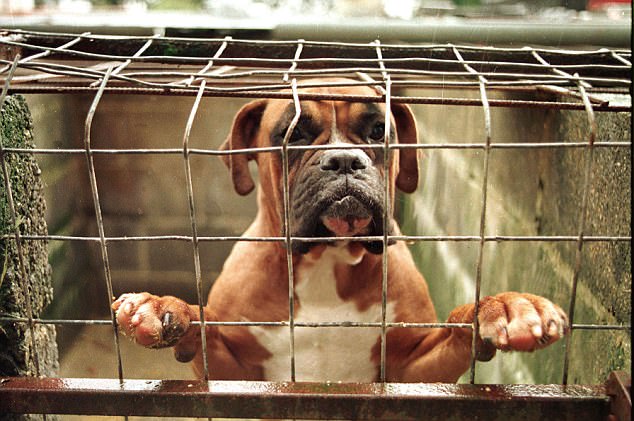
Lucy, who was born in a breeding facility, lived in a cage for many years until she was rescued in 2013, but her happiness did not last long. Taiwan animal protection groups have recently called for a Taiwanese version of Lucy’s Law in the UK, namely the Sun Bill. Sun, a young Shiba Inu, unfortunately died shortly after leaving an illegal breeding facility.
On January 24, 2022, the Taiwan Animal Society Research Association and the Taiwan Society for the Prevention of Cruelty to Animals held a press conference to reflect on the government’s lack of enforcement of the Specific Pet Property Management Act, which has led to collusion between legal owners and illegal breeding facilities. The two animal protection groups also said that in order to investigate the breeding and shipping conditions of the illegal breeding facilities, the officers had disguised themselves as consumers and bought a young Shiba Inu named “Sun”, although the puppy was immediately sent to a veterinary hospital for examination, it still died a month later due to canine small viral enteritis. The treatment was ineffective, which also reflects the environmental problems of illegal breeding facilities.
The two animal protection groups dubbed the bill “The Sun Bill” in memory of the puppy and in the hope that after the bill is implemented, it will shine like sunlight on all illegal breeding farms, so that such practice can be eradicated in Taiwan.

The Sun Bill covers the following aspects:
- Restricting the number of pet breeding licenses and breeding animals through “aggregate control”.
- Adopting a “demand-before-breeding” approach, the public should purchase pets on a “reservation basis” and then have them planned and sold by breeders. In addition, we should make reference to the practices of France, Austria, and some cities in Canada and the United States, and prohibit pet stores from displaying and selling dogs and cats in their windows to ensure animal welfare and to reduce impulsive purchases and improper breeding and abandonment.
- Breeders should adopt a “single strain” breeding system and avoid breeding multiple strains at the same time on a single farm in order to improve the breeding profession.
- Raising the standard of facilities that specific breeders should have: under the premise of total control, existing operators should follow the new standard when applying for renewal of qualification, and those who fail to meet the standard should be withdrawn from the farm.
The new “Pet Management Section” to be established this year will focus on the management of specific pet properties and will establish an electronic operation for breeding facility information and implement total control of breeding dogs and cats in order to eliminate the problem of legal cover-up of illegal ones. However, this statement by the Ministry of Agriculture has triggered a backlash from the industry, pointing out that total control is against democracy and an infringement of rights.
It seems that the Sun Bill will take a lot of time to discuss and compromise before the most appropriate solution can be found between animal welfare and the rights of breeders.
Take a look at the business model of unscrupulous breeding farms:
